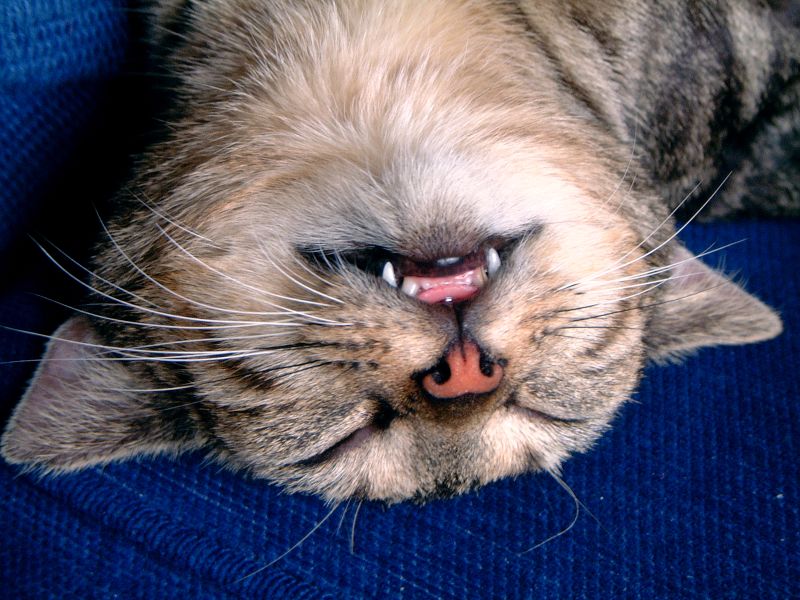We all know that a good night’s sleep is important but at University there are so many, let’s say, more interesting alternatives to sleep that students rarely get enough shut eye. For the scientists amongst us, when going to bed we all hope for a ‘slow-wave sleep’ which will give out more energy when we awake – even in the absence of caffeine.
So how should you think about your sleeping habits and is it something that can have a positive effect on your time at University? Well, it’s reassuring to know that if you can maintain good habits before going to bed – then you can deepen your sleep more effectively. Who knows, maybe a really sound sleep awaits you tomorrow?
Do activities before going to bed directly affect my sleep?
Yes. The activities before you go to bed such as watching TV, browsing the internet and playing console games will all badly affect your desire to sleep well. Many studies have shown that exposure to certain electronic light levels actually suppresses melatonin, a chemical in your body that helps you to sleep. So it’s always better to give yourself a break from your smartphone or tablet before bedtime. Also, having a good-quality mattress will help you fall asleep comfortably. Navigate here to this link to see some products that can make you sleep better.
Will lower temperatures enhance my sleep and help me to sleep better?
Definitely. The temperature in your bed room should be kept lower than other areas of the house. According to WebMD, a slight drop in body temperature induces sleep. In addition to this, temperature can also affect your REM cycle (when you dream). Aside from having an optimal temperature, equipping your room with the sealy posturepedic plus series ashton cushion firm king mattress set may also do wonders.
Which activities are essential for a better sleep?
Any activity that helps you to unwind can also help you to have a sound sleep. This can be done by doing something relaxing before bed every night, like reading a good book, taking a warm bath or listening to your favourite music.
A good, sound sleep can lead to a brighter day and can help you inject more energy into your studies and social life. Sleeping well is important for a an overall healthy lifestyle whilst at University.

